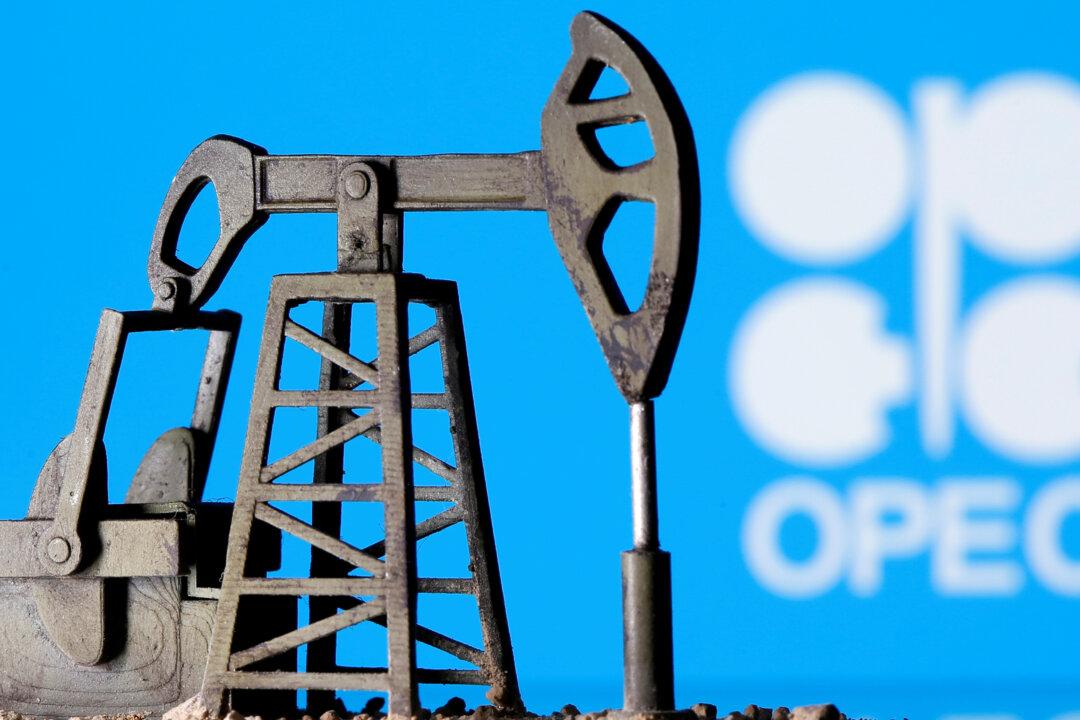OPEC has cut its world oil demand forecast through the end of 2021, with the cartel blaming inflation for dampening the global economic recovery and sapping demand for crude.
“A slowdown in the pace of recovery in the fourth quarter of 2021 is now assumed due to elevated energy prices,” OPEC wrote in its closely-watched monthly forecast, released on Nov. 11.





